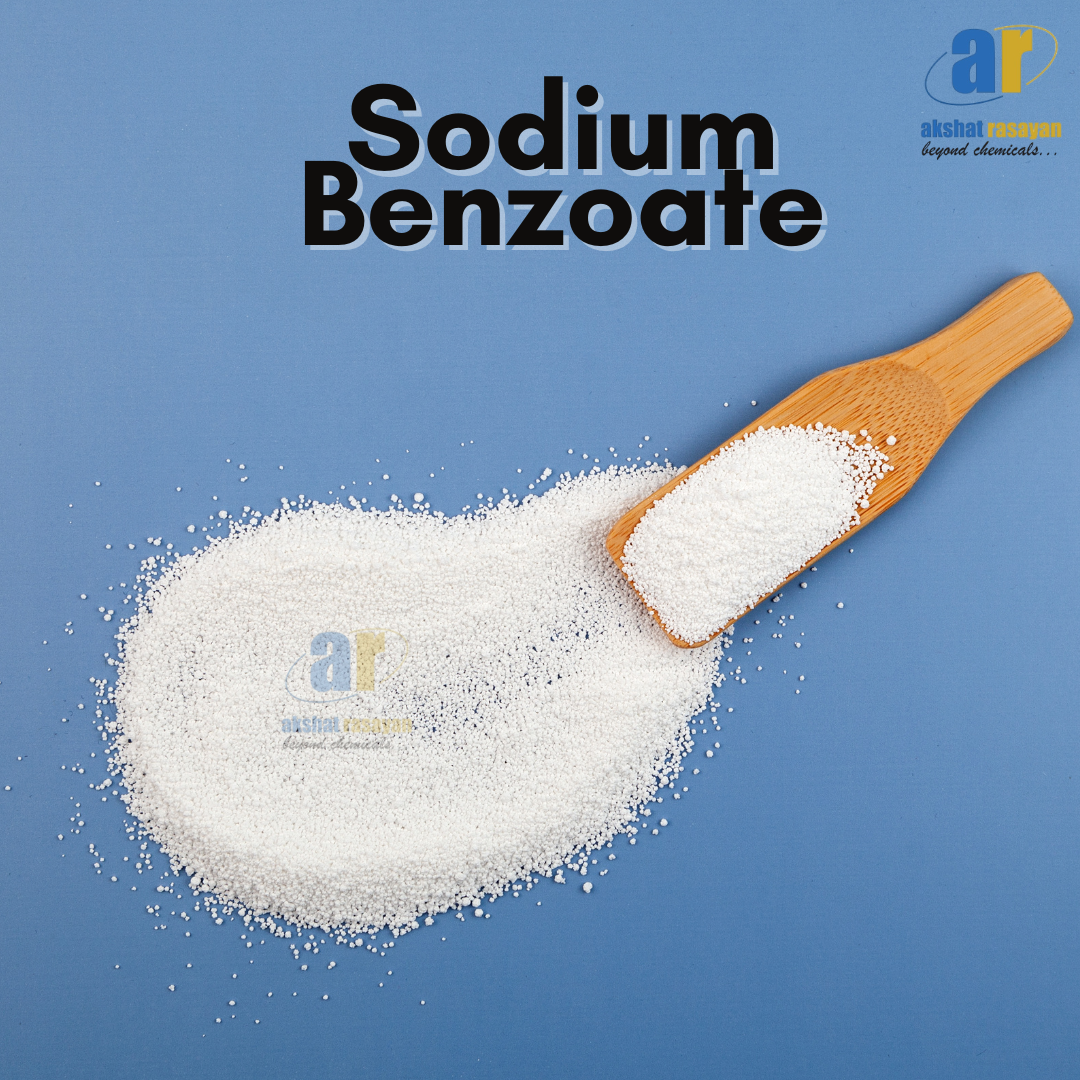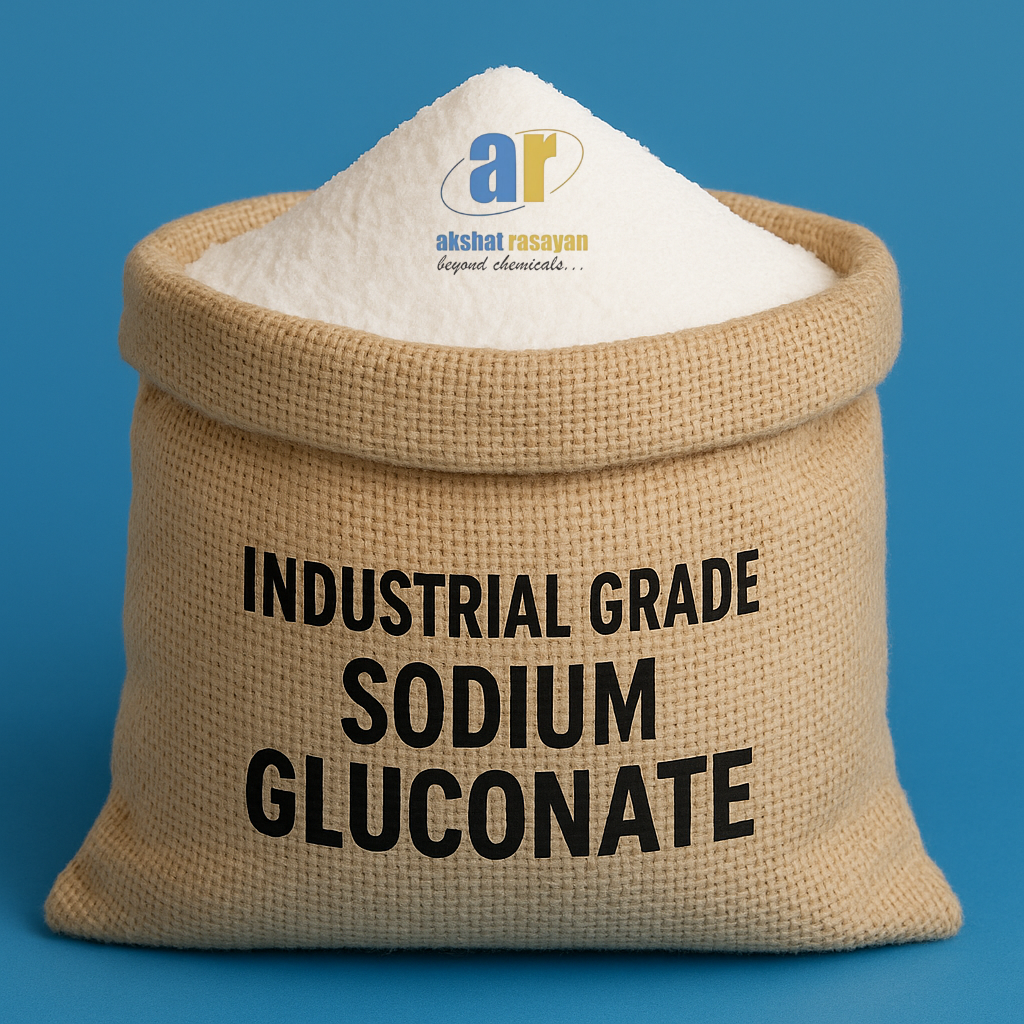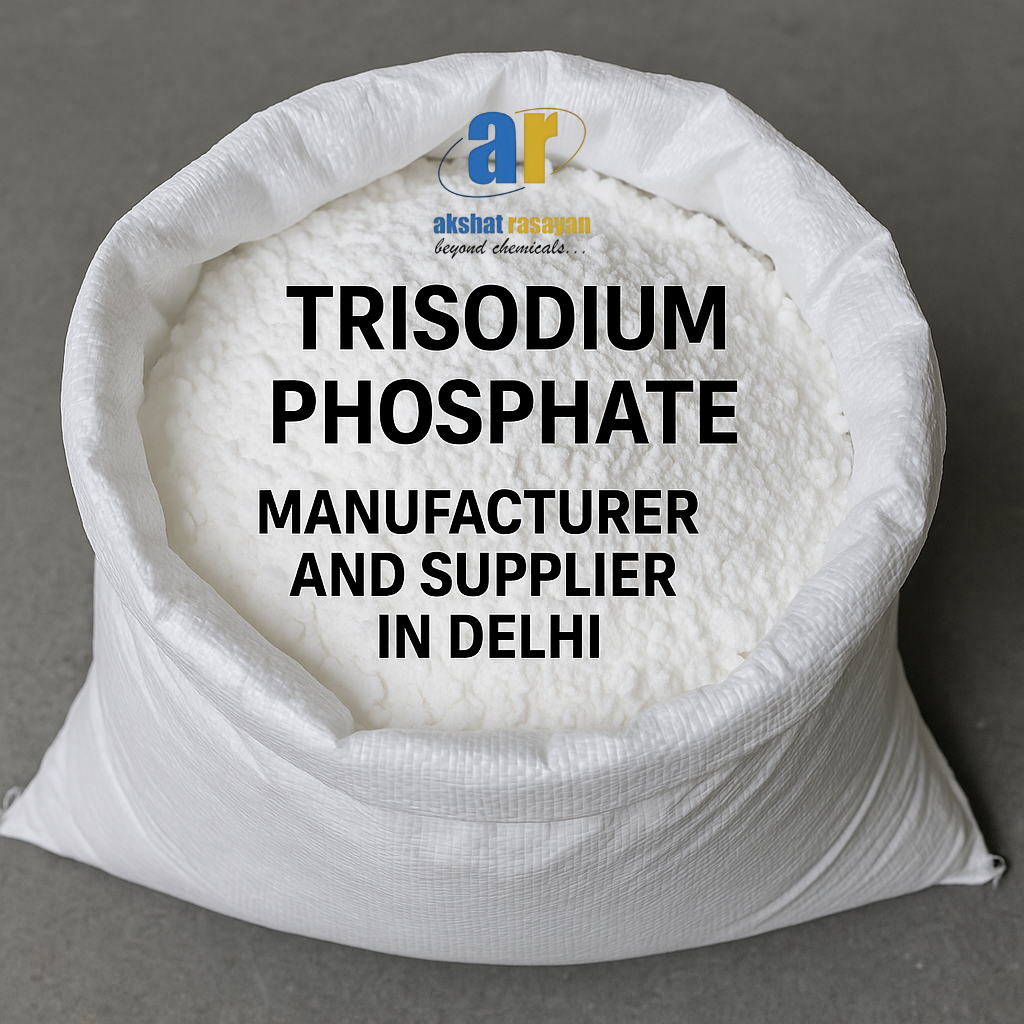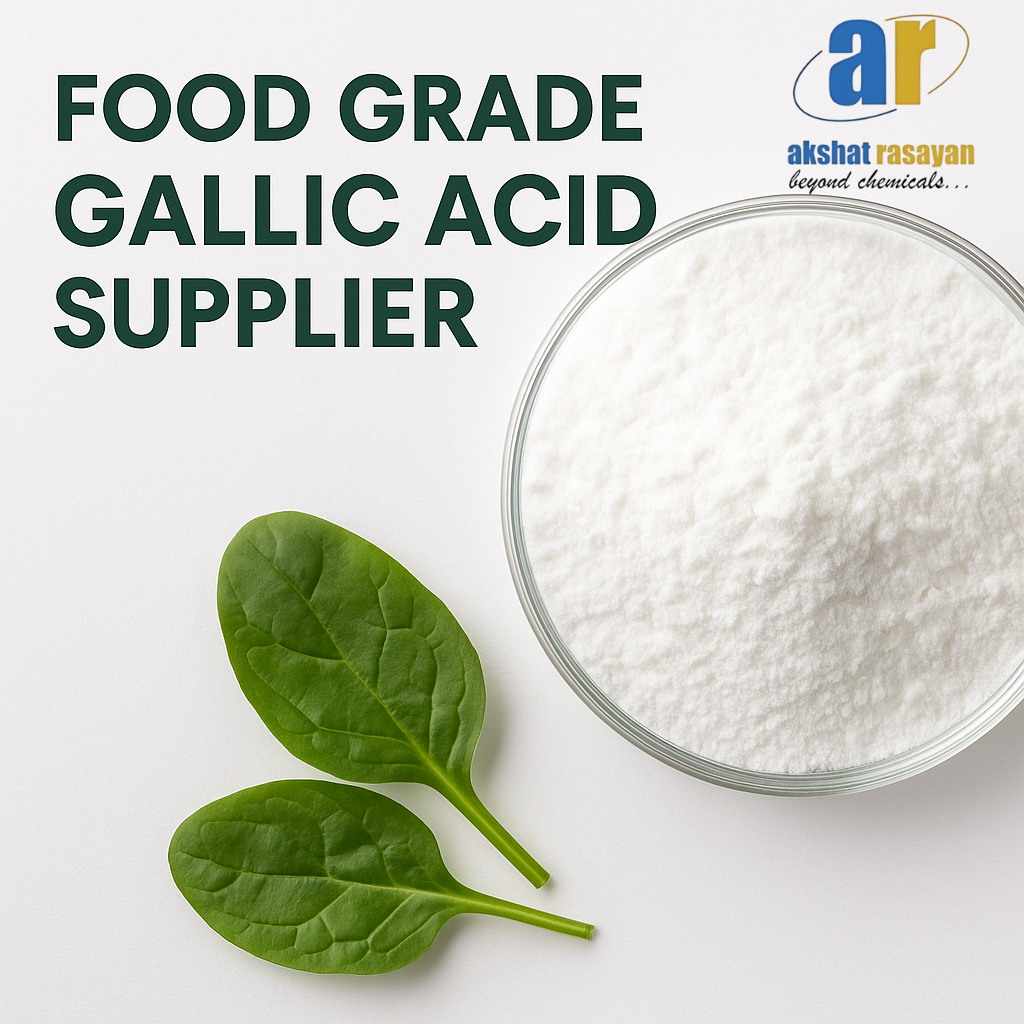The Versatile Role of Sodium Benzoate in Food, Pharmaceuticals, and Cosmetics

Strong 8k brings an ultra-HD IPTV experience to your living room and your pocket.
In today’s world, where food safety, product longevity, and quality control are essential, preservatives play a crucial role in keeping everyday products fresh and effective. One such widely used preservative is sodium benzoate, a key ingredient in food, personal care products, and pharmaceuticals. Its ability to inhibit bacterial and fungal growth makes it indispensable across various industries. But what exactly is sodium benzoate, and why is it so commonly used? Let’s explore its benefits, applications, and safety aspects.
What is Sodium Benzoate?
Sodium benzoate is a sodium salt of benzoic acid, known for its strong antimicrobial properties. It appears as a white, crystalline powder that dissolves easily in water. When added to products, it helps prevent the growth of bacteria, mold, and yeast, ensuring they remain safe for consumption or application over time.
What makes sodium benzoate particularly effective is its ability to work best in acidic environments (pH below 4.5). This is why it is frequently found in carbonated drinks, fruit juices, pickled products, and condiments, where it helps maintain freshness and prevent spoilage.
Sodium benzoate is approved by global health authorities, including the U.S. Food and Drug Administration (FDA), the European Food Safety Authority (EFSA), and the World Health Organization (WHO), making it a trusted choice for manufacturers worldwide.
Key Benefits of Sodium Benzoate
- Prevents microbial growth, extending shelf life.
- Highly soluble and easily blends into formulations.
- Cost-effective, requiring small amounts for preservation.
- Approved by regulatory bodies for safe use.
- Used across multiple industries, including food, pharmaceuticals, and cosmetics.
Applications of Sodium Benzoate
Food and Beverage Industry
One of the most common uses of sodium benzoate is in the food and beverage industry. Since food spoilage is mainly caused by microbial contamination, preservatives like sodium benzoate are essential in ensuring product safety and extended shelf life. Some common food products containing sodium benzoate include:
- Soft drinks and fruit juices to prevent fermentation and mold formation
- Pickles, sauces, and salad dressings to maintain freshness
- Jams, jellies, and processed fruits to inhibit bacterial growth
- Dairy products and condiments to enhance longevity
Given that sodium benzoate is most effective in acidic environments, it is commonly used in beverages, vinegar-based sauces, and fruit-derived products.
Pharmaceuticals and Healthcare
In the pharmaceutical sector, sodium benzoate plays a crucial role in preserving medicinal formulations and ensuring stability. It is widely found in:
- Cough syrups and liquid medications to prevent bacterial contamination
- Topical creams, ointments, and gels to maintain consistency and effectiveness
- Tablet coatings and capsules for improved stability
- Treatments for metabolic disorders, where it helps remove excess ammonia from the body
Since medicines are often stored for extended periods, preservatives like sodium benzoate are necessary to maintain their effectiveness and safety.
Personal Care and Cosmetics
Sodium benzoate is an essential preservative in cosmetics and personal care products, preventing spoilage caused by microbial contamination. It is commonly found in:
- Shampoos, conditioners, and hair serums to maintain product integrity
- Face creams, lotions, and sunscreens to prevent bacterial growth
- Toothpaste, mouthwash, and oral care products for extended shelf life
- Makeup and skincare products to ensure stability and safety
Since personal care products are often exposed to moisture and air, sodium benzoate helps prevent microbial contamination and degradation.
Industrial and Household Applications
Beyond food, pharmaceuticals, and cosmetics, sodium benzoate is also used in industrial and household products. Some notable applications include:
- Cleaning products and detergents to prolong shelf life
- Paints, coatings, and adhesives to prevent microbial growth
- Automotive and lubricant products for corrosion prevention
- Textile and plastic manufacturing to stabilize chemical formulations
These industrial applications demonstrate how sodium benzoate’s antimicrobial and stabilizing properties extend beyond food and personal care.
Safety and Considerations
Sodium benzoate is generally recognized as safe (GRAS) by major health organizations. However, a few considerations should be kept in mind:
- When sodium benzoate is combined with vitamin C (ascorbic acid) and exposed to high heat, it can form benzene, a compound linked to health concerns. However, strict safety limits ensure that benzene levels in commercial products remain minimal.
- Some individuals may experience mild allergic reactions, such as skin irritation or asthma-like symptoms, when exposed to sodium benzoate.
- While sodium benzoate is safe in regulated amounts, excessive consumption, particularly in processed foods and sugary beverages, should be avoided.
The Future of Food Preservatives
As consumers increasingly demand natural and organic alternatives, researchers are actively exploring plant-based preservatives to replace synthetic options. However, sodium benzoate remains a highly effective, affordable, and safe preservative, making it a preferred choice for manufacturers globally.
While alternative preservation methods are being developed, sodium benzoate’s reliability ensures that it will continue to be widely used in the foreseeable future.
Final Thoughts
Sodium benzoate is a powerful and versatile preservative that plays a critical role in food safety, pharmaceutical stability, and cosmetic product longevity. Its antimicrobial properties, affordability, and long-standing regulatory approval make it an essential ingredient across multiple industries.
Though there are some safety considerations, proper usage and regulatory guidelines ensure that sodium benzoate remains a trusted and effective preservative.
The next time you check a product label, you might notice sodium benzoate listed among the ingredients—quietly working behind the scenes to keep your favorite products fresh, safe, and effective.
Note: IndiBlogHub features both user-submitted and editorial content. We do not verify third-party contributions. Read our Disclaimer and Privacy Policyfor details.







